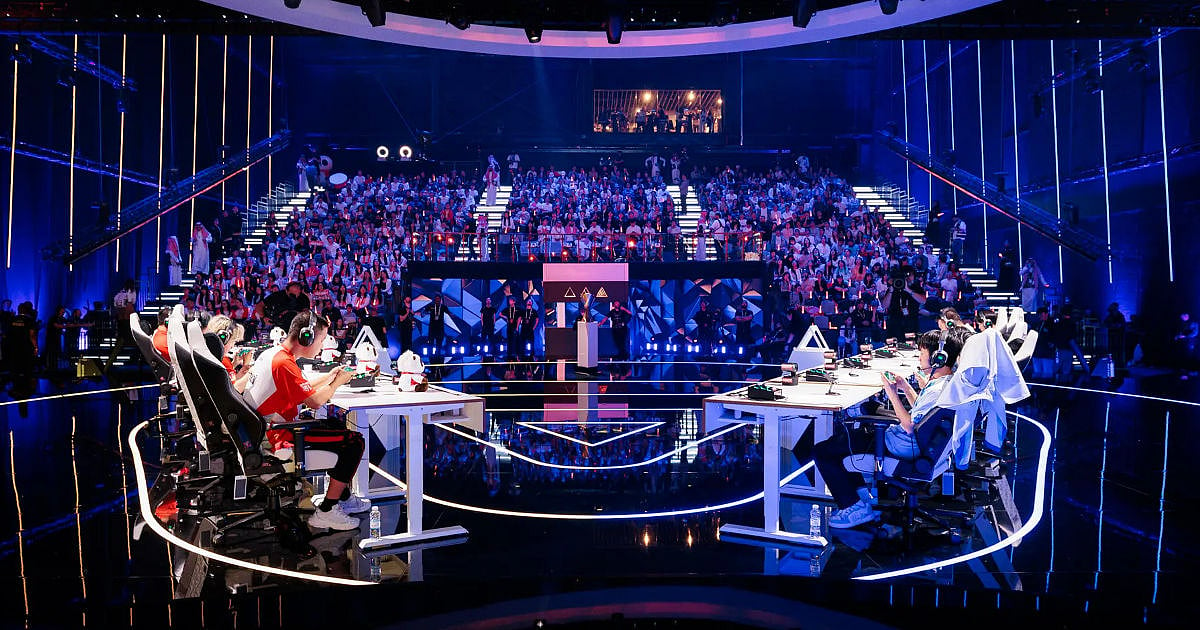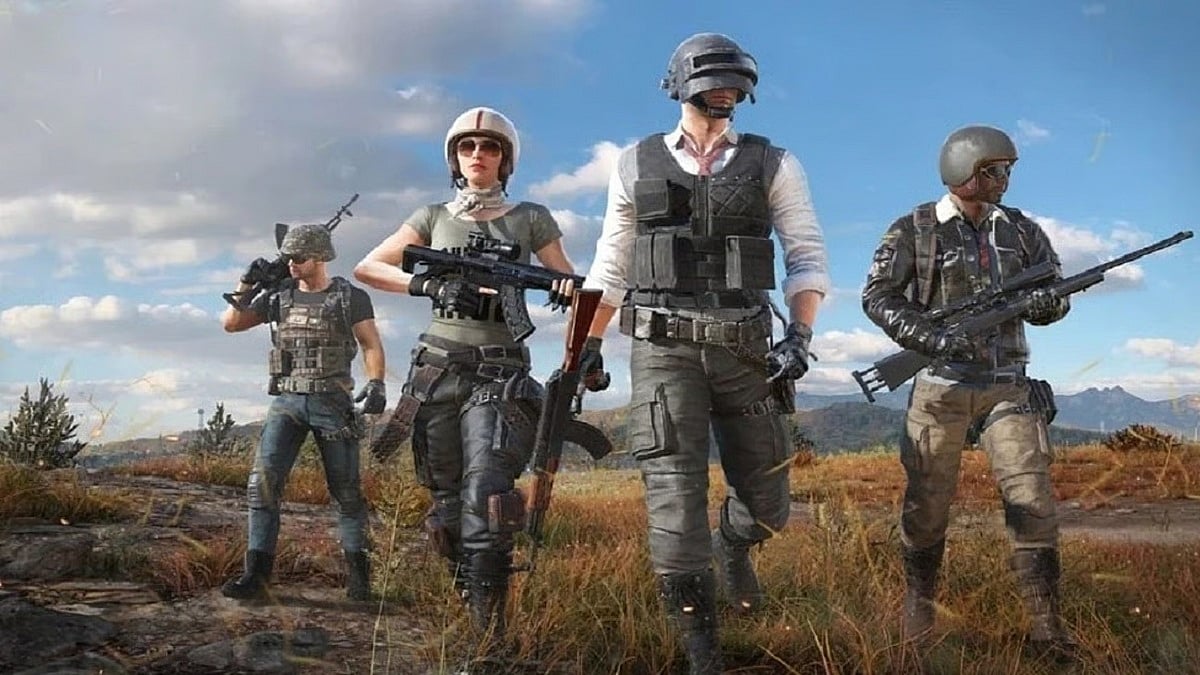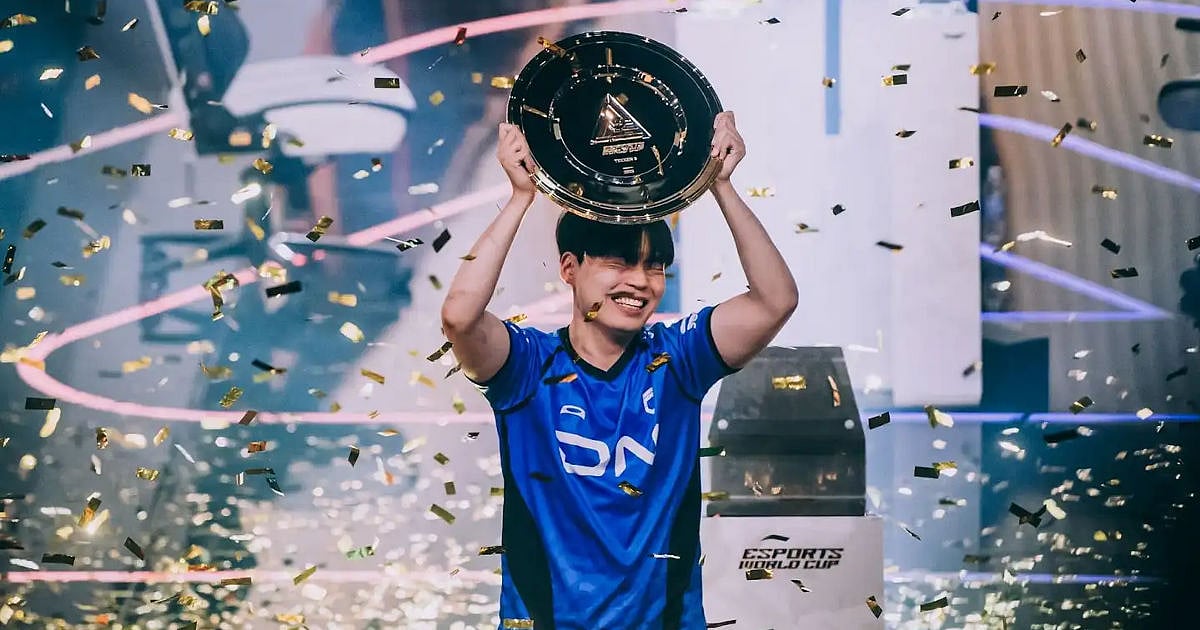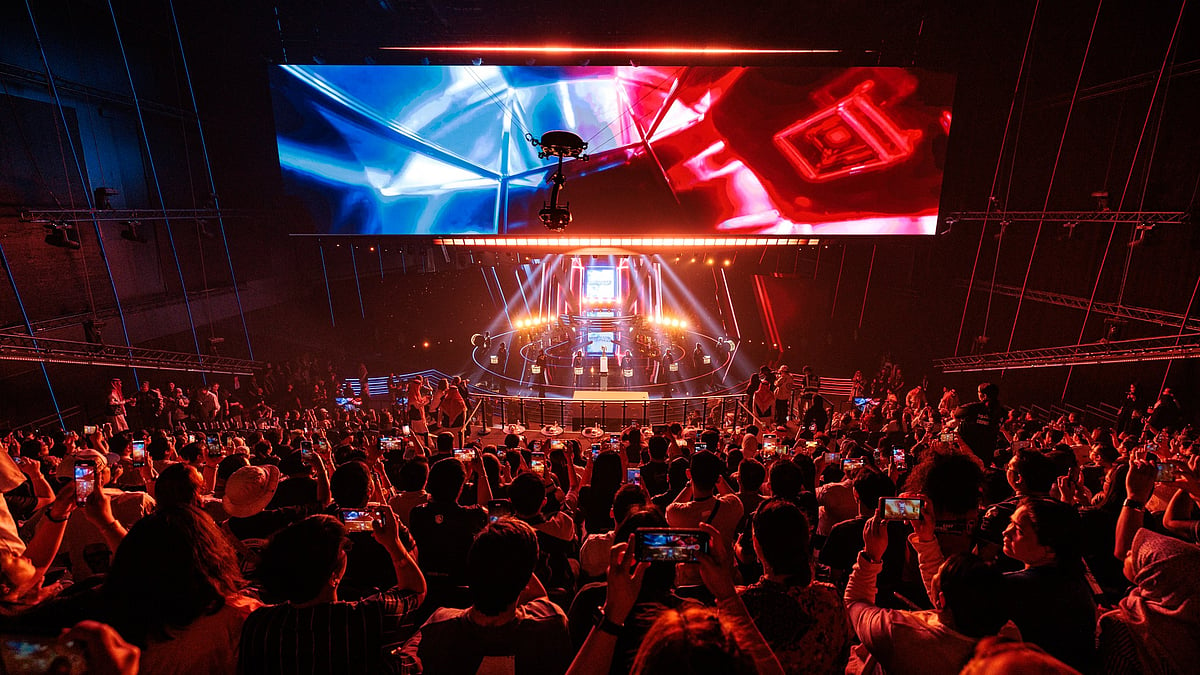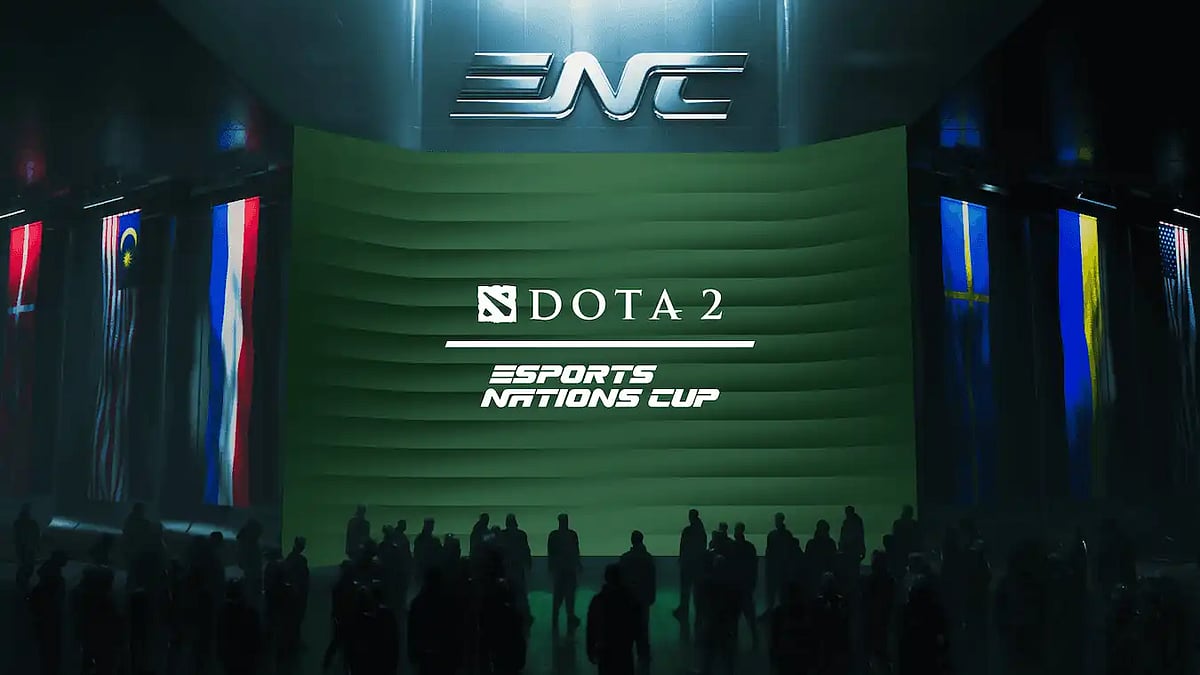- Global esports market to grow from $560.6M in 2024 to $2B by 2032, per Fortune Business Insights.
- Demand for esports producers is rising as tournaments scale from grassroots to global events.
- Producers handle broadcasts, storytelling, and tech ops for events like LoL Worlds and The International Dota 2 Championships.
The global esports industry, valued at $560.6 million in 2024 according to Fortune Business Insights, is on a rapid growth trajectory and is projected to reach $2 billion by 2032. This explosive expansion is fueling a rising demand for skilled professionals across various roles, notably esports producers.
These professionals play a pivotal role in organizing and managing tournaments and broadcasts, ensuring smooth execution of events ranging from grassroots competitions to massive global spectacles such as the League of Legends World Championship and Dota 2’s The International. Esports producers are responsible for crafting compelling narratives, managing technical operations, and delivering engaging content to millions of viewers worldwide.
What Is the Role of an Esports Producer?
An esports producer plays a central role in bringing tournaments and gaming events to life. Their responsibilities span from coordinating logistics, overseeing budgets, and managing technical production to ensuring seamless collaboration among casters, production teams, and marketing specialists. Producers must also handle challenges unique to esports, such as coordinating international participants and integrating complex broadcasting technology.
Producers must design events that engage both in-person attendees and millions of online viewers. They ensure smooth event execution, oversee broadcast quality, and tailor experiences for diverse audiences across multiple platforms. Ultimately, every major professional event relies on skilled producers to deliver an engaging, technically flawless, and entertaining experience for fans worldwide.
Education and Training
While a formal education isn't always a strict requirement for becoming an esports producer, it can significantly enhance one’s skills and career prospects. A bachelor’s degree in fields such as media production, event management, communications, or business can provide a solid foundation. Media production programs, for example, teach valuable skills in video editing, live broadcasting, and technical operations which can be crucial for managing live esports streams that can attract millions of viewers.
Studying business or marketing equips future producers with essential knowledge in budgeting, sponsor negotiations, and brand partnerships, key elements for organizing large-scale, monetized esports events.
Additionally, several universities now offer dedicated esports management programs, such as those at Shenandoah University (USA) and Staffordshire University (UK). These specialized degrees cover topics like team management, event operations, and digital content creation.
For those seeking flexible learning options, short-term certifications in event planning, digital media, or streaming technology are available on platforms like Coursera, Udemy, and LinkedIn Learning. These programs offer practical knowledge that can be immediately applied in the fast-paced esports environment.
Skills Required for Esports Production
Esports production demands a comprehensive skill set combining creative vision, technical expertise, and organizational prowess.
Project management forms the backbone of successful events, as producers must coordinate complex timelines, manage substantial budgets, and oversee diverse teams. Proficiency with tools like Trello, Asana, or Monday.com streamlines these processes significantly.
Communication skills are paramount, requiring clear coordination between players, sponsors, broadcast teams, and international stakeholders. Given the global nature of esports (with major tournaments spanning regions from India to Saudi Arabia) multilingual capabilities provide significant advantages for international event production.
Technical knowledge is essential, encompassing streaming platforms like Twitch and YouTube Gaming, broadcast software such as OBS Studio, and understanding latency optimization for live events. Producers must also navigate platform-specific requirements and audience preferences across different regions.
Industry awareness proves crucial for success. Deep knowledge of popular titles like Valorant, BGMI, and Dota 2, along with understanding viewership trends and fan expectations, enables producers to create engaging content. This includes staying current with emerging markets and tournament formats.
Professional development through PMI certifications in project management can significantly enhance career prospects in this rapidly evolving industry.
Practical Experience and Networking
Building a career in esports production requires strategic hands-on experience and robust professional networking. Practical experience begins with volunteering at local gaming events or online tournaments, where aspiring producers learn essential skills like player coordination, technical setup, and audience management. Community-driven events provide invaluable opportunities to understand production workflows without the pressure of high-stakes professional tournaments.
Media production companies frequently offer internships in event production, providing structured learning environments and mentorship opportunities. These positions often serve as stepping stones to specialized esports roles. Building a diverse portfolio showcasing event management, technical skills, and creative problem-solving becomes crucial for securing opportunities with established tournament organizers.
Networking remains very important if you want to work in the tightly-knit esports ecosystem. Major industry events like PAX East, Gamescom, and regional gaming conventions offer direct access to key stakeholders. Online communities on Discord, LinkedIn, and X (formerly Twitter) facilitate ongoing professional relationships with casters, players, and organizers who can provide job referrals and collaboration opportunities.
The industry's rapid evolution—with new games launching regularly and streaming technologies advancing continuously—demands constant learning. Following industry publications and monitoring emerging game launches helps producers identify growth opportunities.
Entry-level roles like production assistant or coordinator are common starting points. Check job boards or company career pages at local tournament organizers and game publishers. Freelance platforms also list short-term esports-production gigs. Over time, you can progress to senior producer roles, managing larger events and earning higher salaries.

Author
Abhimannu Das is a web journalist at Outlook India with a focus on Indian pop culture, gaming, and esports. He has over 10 years of journalistic experience and over 3,500 articles that include industry deep dives, interviews, and SEO content. He has worked on a myriad of games and their ecosystems, including Valorant, Overwatch, and Apex Legends.
Abhimannu Das is a web journalist at Outlook India with a focus on Indian pop culture, gaming, and esports. He has over 10 years of journalistic experience and over 3,500 articles that include industry deep dives, interviews, and SEO content. He has worked on a myriad of games and their ecosystems, including Valorant, Overwatch, and Apex Legends.
Related Articles

